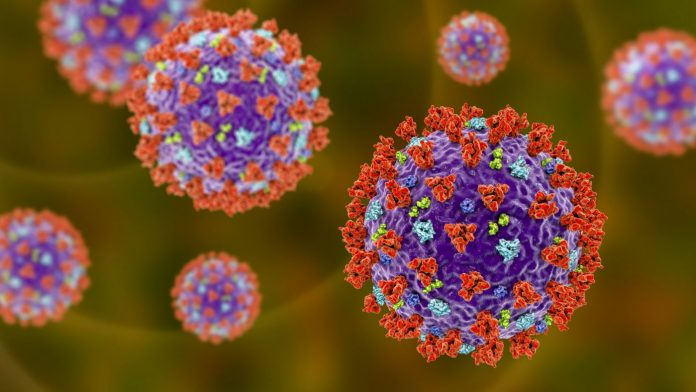
Scientific advances driven by the COVID pandemic have the potential to transform personalized medicine, say researchers, who outline steps to fully realize this potential.
They believe that innovations in biomedical science, big data and vaccines as a result of trying to tackle coronavirus infections could revolutionize medicine and improve population health.
But according to their article in Frontiers of Science, there needs to be equitable access to these advances worldwide and interdisciplinary collaboration for this to happen.
Safeguards will also be needed in systems medicine, a multidisciplinary approach in which diseases are understood through the analysis of large patient datasets to create dynamic models for different scenarios.
Specifically, the authors stress that AI applications would need to be more transparent for their safe and effective deployment in systems medicine and it would need to be carefully curated to ensure patient privacy and avoid bias.
“The Covid-19 pandemic will have profound, long-lasting impacts on the anticipation of risk, practice of medicine, and the management of healthcare,” said researcher Michel Goldman, PhD, president and founder of the institute for interdisciplinary innovation in healthcare at the Université Libre de Bruxelles.
“It demonstrated the importance of collaboration across sectors and disciplines to develop new solutions for major public health threats, and the power of artificial intelligence and digital tools for the advancement of medicine.”
Scientific research and technological progress surged in response to the pandemic, with 9% more health-related articles published worldwide in 2020–22 than was predicted.
The team believes that these innovations developed to combat communicable diseases should now be used to improve patient care and public health.
Included within this are developments in vaccines, monoclonal antibodies and antimicrobials, mathematical modeling and international collaboration across multiple sectors.
Personalized therapies are most common in cancer care but are increasingly predicted to benefit patients with other non-communicable diseases—including type 2 diabetes, Alzheimer’s disease, and inflammatory disorders like multiple sclerosis—as well as communicable diseases.
This will be driven by new ways of classifying patients and a move from clinical observations to novel biomarkers that reflect the underlying disease mechanism at the molecular level.
Omics-based technologies and systems biology will result in increasingly personalized medicine, driven by AI and advances in computer analytics, with the researchers singling out the gut microbiome as an area of particular interest.
Advances in telehealth and digital therapeutics from the pandemic should also be harnessed for their critical roles in the resilience of health systems and patient care, they say.
Luca Perico, PhD, and Giuseppe Remuzzi, PhD, from the Istituto di Ricerche Farmacologiche Mario Negri IRCCS in Bergamo, Italy, comment in an editorial accompanying the study.
“Developments in omics-based technologies and systems biology are poised to drive advancements in our understanding of vaccinology, targeted treatments, and patient stratification—fostering a true era of personalized medicine,” they predict.
“By integrating computational analytics, artificial intelligence, telehealth, and digital therapeutics, we have unparalleled opportunities to take advantage of big data for informing personalized medicine strategies in the near future.”











